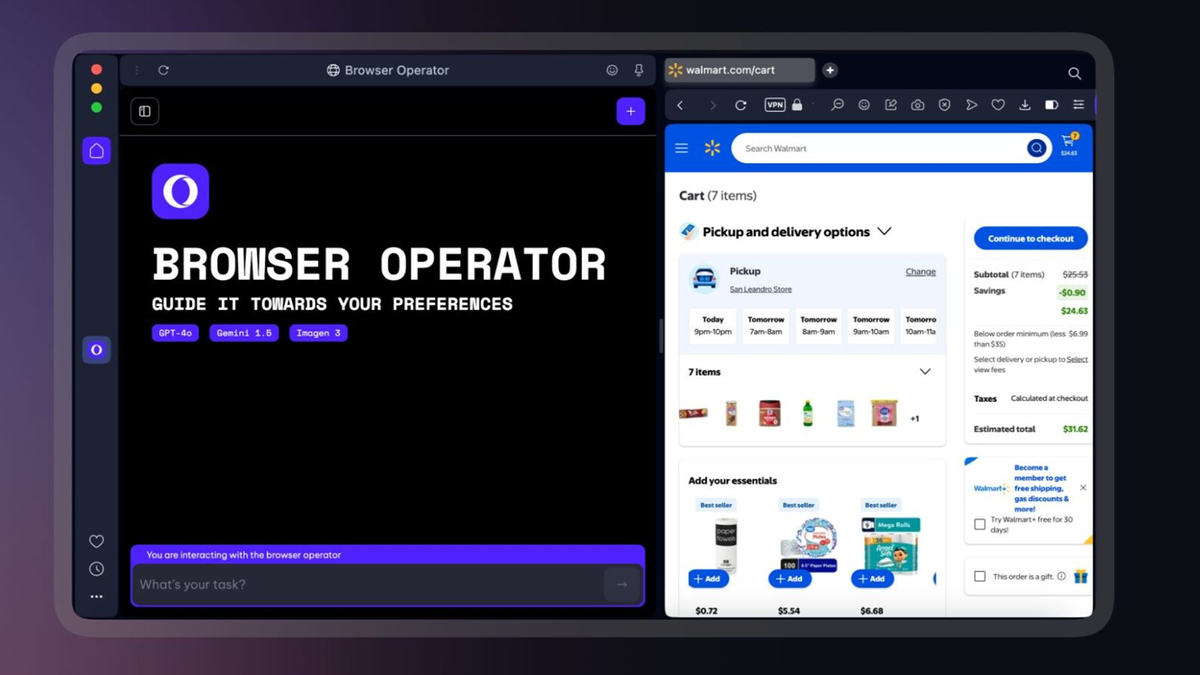Since introducing the App Store in 2008, Apple has run it largely the same way across 175 countries, right down to the 30 percent commission it has collected on every app sold.
The company calls the result an economic miracle. The store has generated more than $1 trillion in sales, helped create more than seven million jobs and delivered Apple billions of dollars in annual profits.
But as the App Store approaches its 16th anniversary, a patchwork of local rules are upending Apple’s authority over it.
On Thursday, European Union regulators will begin enforcing the Digital Markets Act, a 2022 law that requires Apple to open iPhones in the bloc to competing app marketplaces and alternative payment systems for in-app sales.
The changes follow similar demands in South Korea and the United States, where Apple has been forced to allow alternative payment processors. Similar concessions are being discussed in Britain, Japan and Australia.
The rules are fracturing what was once a single store into a jumble of digital shops across national borders. The once uniform experience of shopping for software on an iPhone now differs, depending on where people live.
“The App Store is being completely splintered,” said Eric Seufert, who invests in app makers and runs Mobile Dev Memo, a blog about the app economy. “The approach to complying is pretty similar: ‘Let’s cut the fee a little bit.’ But it’s a pain.”
Apple has worked hard to adapt to the shifting regulatory landscape. An Apple spokesman said the company had spent months talking with the European Commission about the Digital Markets Act and hosted meetings with developers as it developed plans to change the App Store while minimizing the risks of malware, fraud and scams on iPhones.
Apple says its control over the App Store is critical to the safety and quality of the apps it distributes. The company has stopped short of abandoning the 30 percent commission. But over time, it has made some concessions to developers and regulators by reducing the commissions that smaller app makers pay and allowing developers to link out to their websites to charge users directly for subscriptions.
The changes are expected to pinch Apple’s sales and cut into profits. Last year, the App Store generated an estimated $24.12 billion in revenue, according to Bernstein Research.
When the App Store first appeared, Steve Jobs, Apple’s co-founder, said the fee was a “great deal” because it allowed every developer — big or small — to deliver software to every single iPhone. But for years, Apple’s fees have been a point of frustration for developers. Over time, regulators began to listen to those complaints.
In 2019, Spotify filed a complaint against Apple in Europe, accusing it of anticompetitive practices because it prevented streaming music services from advertising where and how users could subscribe to their app. A year later, Epic Games, the maker of Fortnite, filed a lawsuit in U.S. federal court accusing Apple of violating antitrust laws by forcing developers to use its payment system.
The complaints galvanized developers around the world to begin lobbying for changes to the app economy. In 2021, South Korean lawmakers were among the first to respond by passing legislation to force app store operators to allow alternative payment systems. Apple relaxed its requirement that developers use its in-app payment service, but said developers who used alternative services would owe Apple a 26 percent commission on sales.
Developers have argued that the new commission rate is the same as the 30 percent rate after credit card processing fees are added. Their criticisms have resonated with regulators in South Korea, who said Apple’s plan undermined the law’s goal. The country’s telecommunications regulator said it might fine Apple $15.4 million for “unfair practices.”
Apple said it disagreed with the conclusion of regulators in South Korea and believed that its changes complied with the law.
The company took a similar approach in the United States. During the Epic Games lawsuit, Tim Cook, the chief executive of Apple, said that being forced to offer alternative payment systems “would be a mess.”
“We would have to come up with another system to invoice developers,” he said, adding that Apple would still charge a commission.
The federal judge in the case ruled in 2021 that Apple needed to allow alternative payments in the United States. Apple has complied much as it did in South Korea, except it said developers that used alternatives owed a 27 percent commission.
“Clearly, it’s window dressing,” said Colin Kass, an antitrust lawyer with Proskauer Rose who has no connection to the case. “Does it satisfy the court? Maybe.”
Apple said that the judge had upheld its right to charge a commission, and that its solution fulfilled the judge’s request to allow out-of-app purchases. Epic said it planned to file a motion challenging the 27 percent fee and asking the court to intervene.
In 2022, the European Union passed the Digital Markets Act to introduce competition to the App Store on iPhones, among other changes. Apple had two years to comply.
The company’s engineers have spent thousands of hours creating more than 600 new software tools for developers. In January, the company introduced those tools and outlined three options for app makers in the European Union, home to roughly 450 million people.
Under Apple’s plan, developers could stick with the status quo App Store system and pay up to a 30 percent commission on sales. They could reduce their commission to 17 percent while adding a new 50-euro-cent charge on every download above one million annually. Or they could avoid Apple’s commission by selling through a competing app store while still paying the download fee.
Apple said the plan complied with the law and meant that 99 percent of developers in the European Union would reduce or maintain the fees they owed.
But app makers said the plan violated the letter and spirit of the law. Under the new rules, a tech giant like Apple is supposed to allow app makers to sell subscriptions and services outside their apps “free of charge,” said Damien Geradin, a European antitrust lawyer who is advising app developers. He said Apple’s 50-euro-cent fee and 17 percent commission broke that part of the law.
European regulators won’t weigh in on Apple’s proposal until after the effective date on Thursday. Should they open a formal investigation, it could set up a lengthy legal battle that could force Apple to change or risk fines up to 10 percent of its global annual revenue, which was nearly $400 billion last year.
Mr. Geradin said Apple was unlikely to succeed but, in the interim, could continue collecting commissions.
“It’s part of their tactics,” he said.





